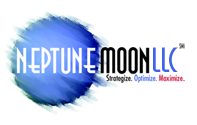My WordPress partners and I can provide a full range of services including custom coding, PSD design, copywriting, and SEO services. Together we have built a strong team that allows us to create your ideal site without the hassle of you having to go to different companies for different site services. Do you have a PSD that you need converted to a WordPress? Do you need SEO services? Would you like new custom content? Or perhaps you would like us to take over the maintenance of your site leaving you free to build your business.



